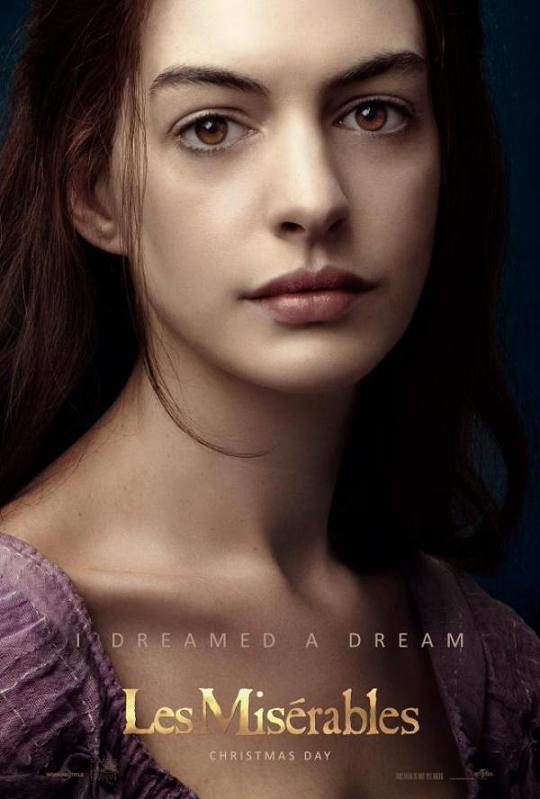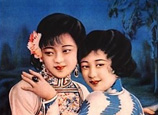
 |
| Anne Hathaway gives an Academy Award-winning performance as Fantine in Les Miserables, out now in Chinese theaters. (Xinhua Photo) |
With all the brilliance of author Victor Hugo, director Tom Hooper and an all-star cast behind it, Les Miserables still fails to save the audience from drowning in misery.
Hugo's classic novel on the poor in 19th century France begins in 1815 and continues until the June Rebellion in 1832 in Paris, during an unsuccessful anti-monarchy armed conflict led by students. The story explores the interactions between characters from across the spectrum of society, who are forced to be at odds in the French Revolution. At the center of it all is ex-convict Jean Valjean, played by Hugh Jackman, who was thrown in prison for stealing a loaf of bread to save his sister's family.
Written for the stage by Alan Boublil and composed by Claude-Michel Sch?nberg, the musical Les Miserables (or Les Miz) has been performed in 43 countries and 21 languages. The 2012 screen version, which made its Chinese debut February 28, is the musical sensation's first major movie treatment.
The film opens with an impressive scene. In the thunderous chorus of the opening song "Look Down," a group of convicts, including Valjean, labors in the pouring rain under the surveillance of prison guard Javert (Russel Crowe). The following scenes are spectacular as well. The makeup, lighting and camera work give the audience a full view of what French society was like at the time.
Hooper was hotly criticized for his decision to film the singing live instead of pre-recording the vocals and lip syncing the songs for the camera, as most film musicals do. But his bold choice has its benefits. The actors give each scene all their might, which is made even clearer as the camera constantly zooms in for close-ups.
For example, when Anne Hathaway sings the famous "I Dreamed a Dream," her face fills the screen, presenting her quivering lips and straining chin in a moving, admirable performance. No wonder she took home the Oscar for supporting actress last month.
Even though no one can speak badly of the actors' passion and devotion, I still have a bone to pick. Les Miz could've been a powerful movie, but while watching the film, I found the group numbers far more enjoyable and memorable than the solos.
There's singing throughout the film, just as in the musical, meaning most of the script is sung aloud, without inflection. For instance, about halfway through the movie, when Valjean's adopted daughter Cosette sings of her love, the lines, "How strange this feeling my life's begun at last, this change, can people really fall in love so fast," stay very one-note and fall flat.
This singsong phenomenon happens repeatedly throughout the movie. Simple lyrics are sung in the same one or two notes, sounding less like singing and more like a robot broadcasting out its thoughts. The lack of musical depth grows tiring. If the music isn't satisfying, despite all the best acting in the world, the musical can't be satisfying, either. Mercifully, Hugo's magnificent story with its vast historical background and rich character development keeps the film from being unbearable.
Even though I had to listen to "Singin' in the Rain" several times to undo the damage Les Miz did to my ears and brain, it's undeniable that the story line and acting were impeccable. Had it been a straightforward film, it would've been an easy five-star.
















 Missing baby killed in Changchun | Photos: Local residents mourn for killed baby
Missing baby killed in Changchun | Photos: Local residents mourn for killed baby


![]()
